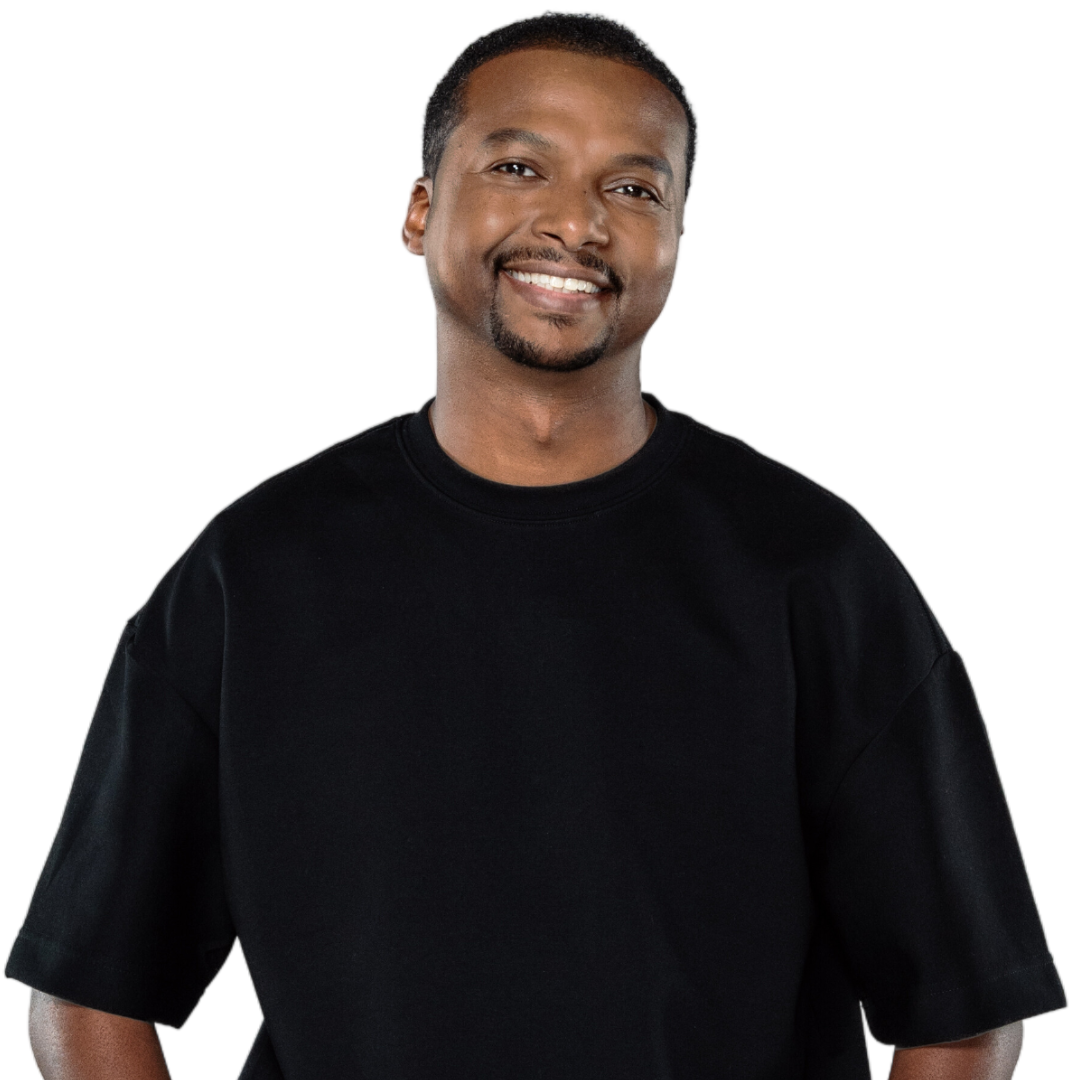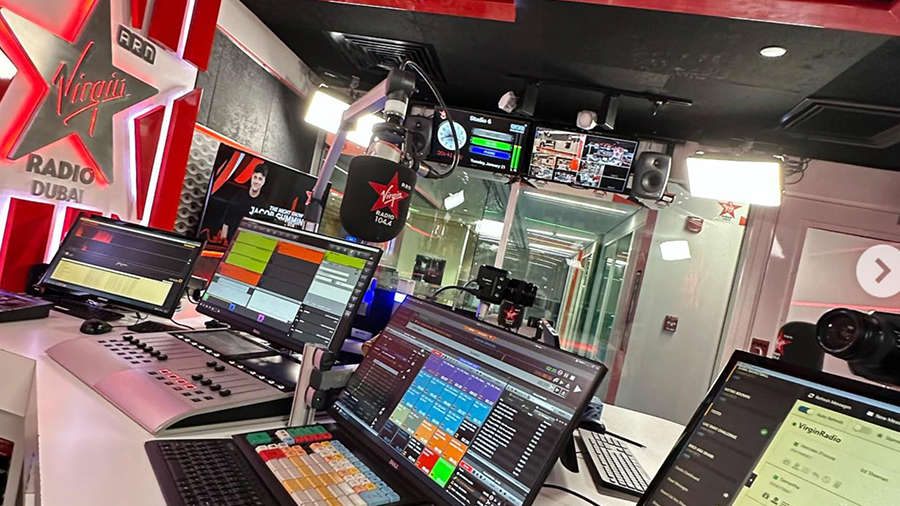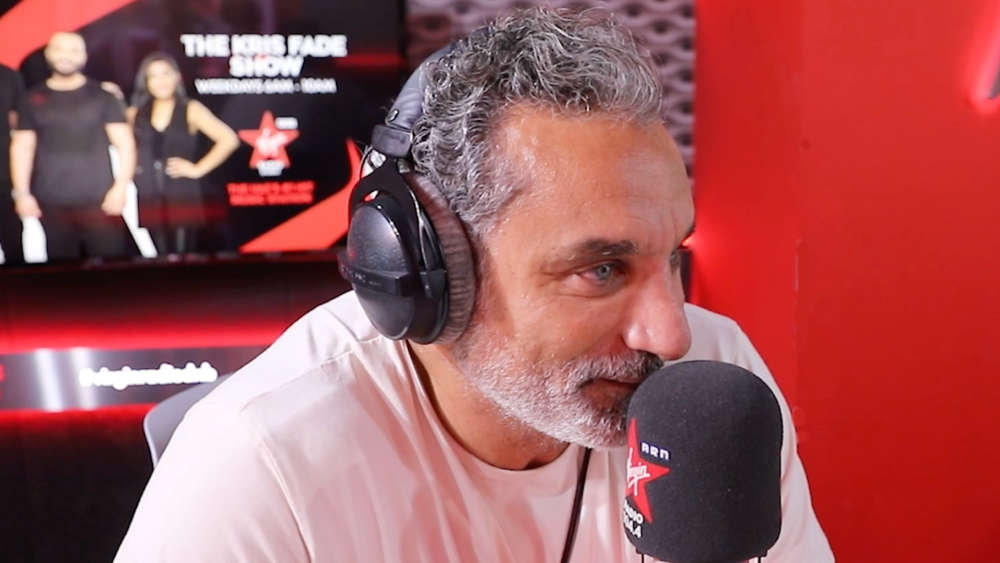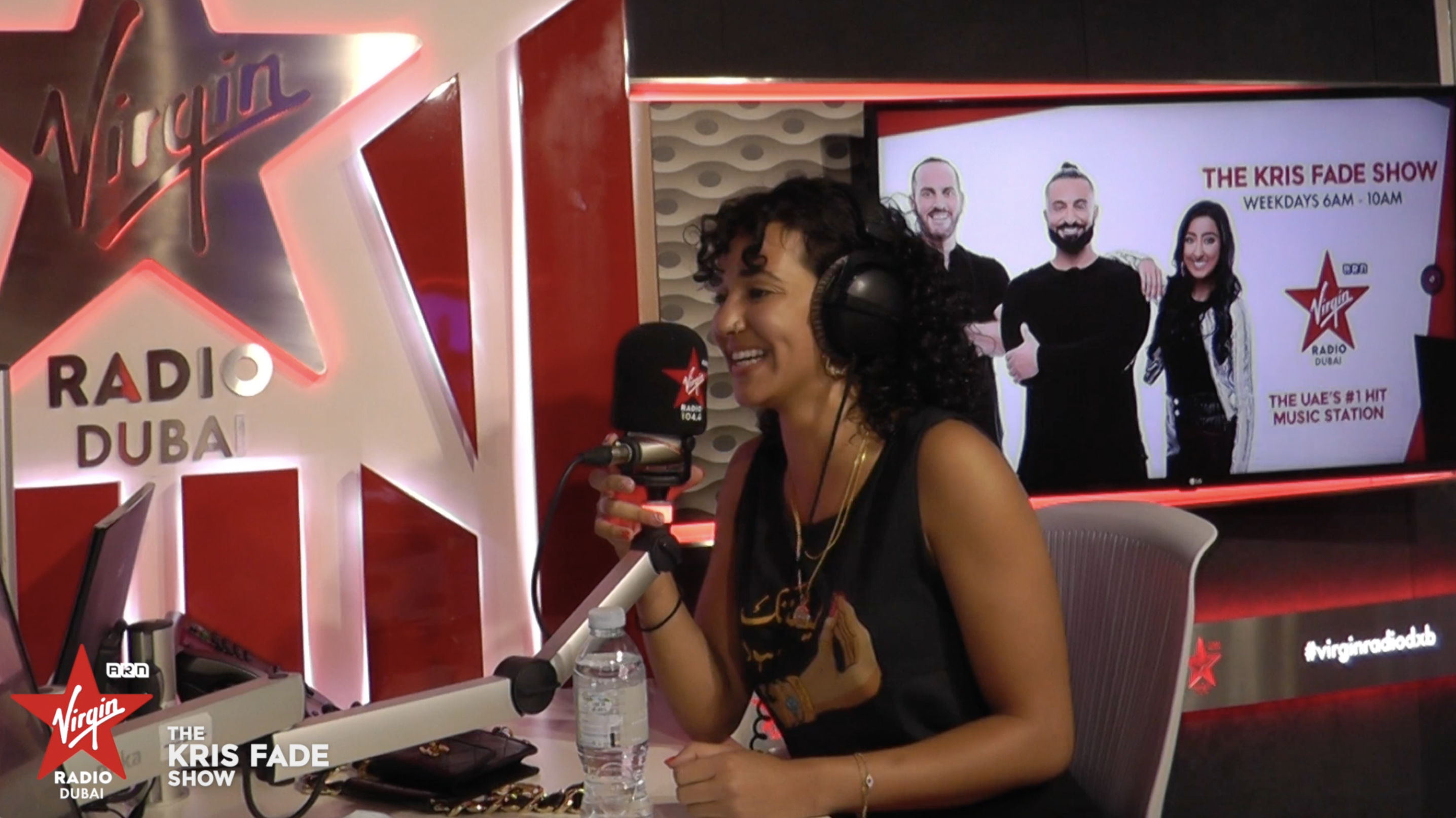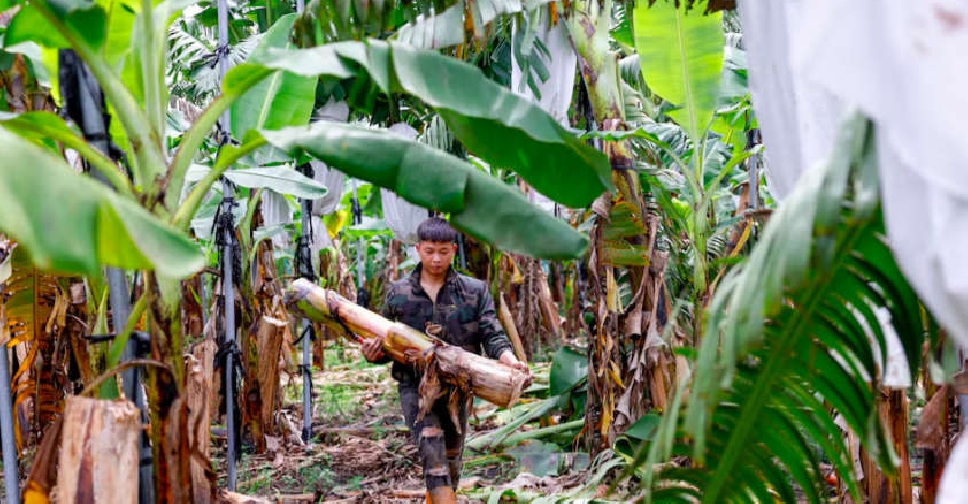
Entrepreneur Nelson Yang is reaching back into Taiwan's history to turn the humble banana plant into an unlikely sustainable textile.
Taiwan is now the world's dominant producer of advanced semiconductors but the yellow fruit, still widely grown on the island, was once a source of patriotic pride.
Yang's Farm to Material, headquartered in the central Changhua rural belt, is turning banana fibre into textiles he hopes will one day supply global sneaker brands.
"Back in 2008, European (sneaker) brands told us that they were hoping to find a way for food and materials to be produced in parallel, meaning that food and materials are yielded from the same land," he told Reuters. "So we've been working based on that concept. What we're doing now is making sure that all our material sources come from food or leftovers from agriculture or the food industry. We then transform those leftovers into usable materials."
Under Japanese colonial rule from 1895-1945, Taiwan was renowned for its fruit, especially pineapples and bananas, and in the 1960s, the island branded itself the "banana kingdom" to boost exports, now long since overtaken by the tech industry.
Yang's company takes the middle section of the banana plant, known as the pseudostem and normally abandoned in the field after harvest, then crushes and dries it to produce the fibres that can make clothing.
Some of the fibres are turned into yarn that can be blended with cotton for socks and can also be turned into vegan leather.
The business is still in its infancy with no orders from apparel companies.
"Banana fibre actually performs better than regular cotton in terms of water consumption, absorbency, and supply stability, making it highly promising for future applications," said Charlotte Chiang, director of the innovation and sustainable design department at the Taiwan Textile Federation. "Banana fibre could become a new highlight for Taiwan in the field of biomass fibre in the textiles industry."



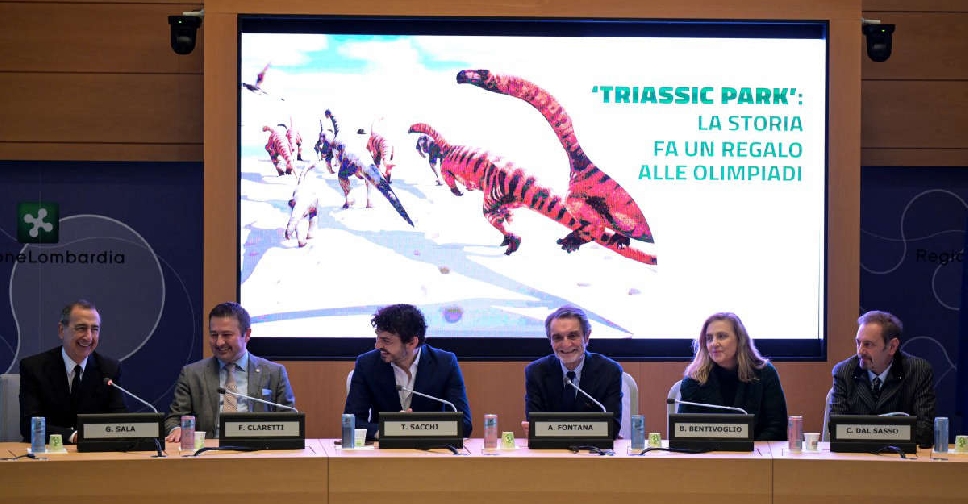 Thousands of dinosaur footprints found near Winter Olympics site
Thousands of dinosaur footprints found near Winter Olympics site
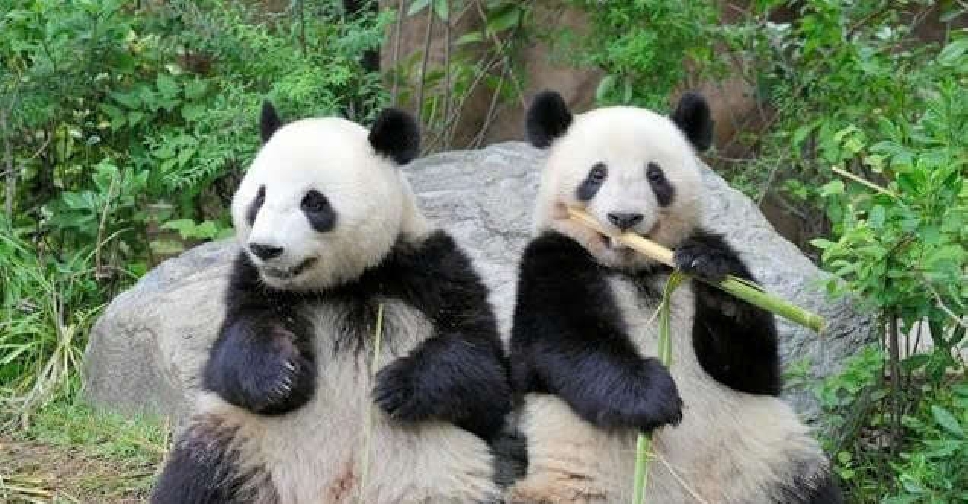 Japan's last two giant pandas are headed to China and fans just can't bear it
Japan's last two giant pandas are headed to China and fans just can't bear it
 Huge undersea wall dating from 5000 BC found in France
Huge undersea wall dating from 5000 BC found in France
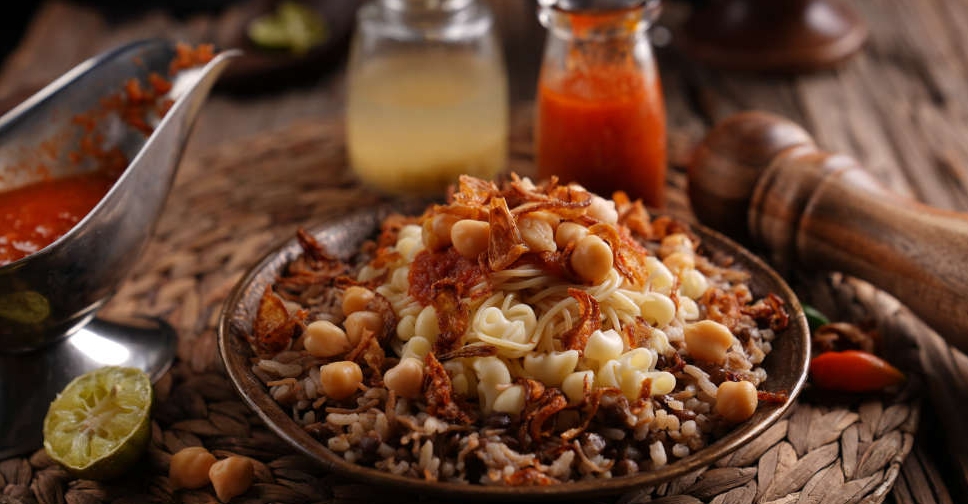 Koshary, a spicy Egyptian staple, wins UNESCO recognition
Koshary, a spicy Egyptian staple, wins UNESCO recognition
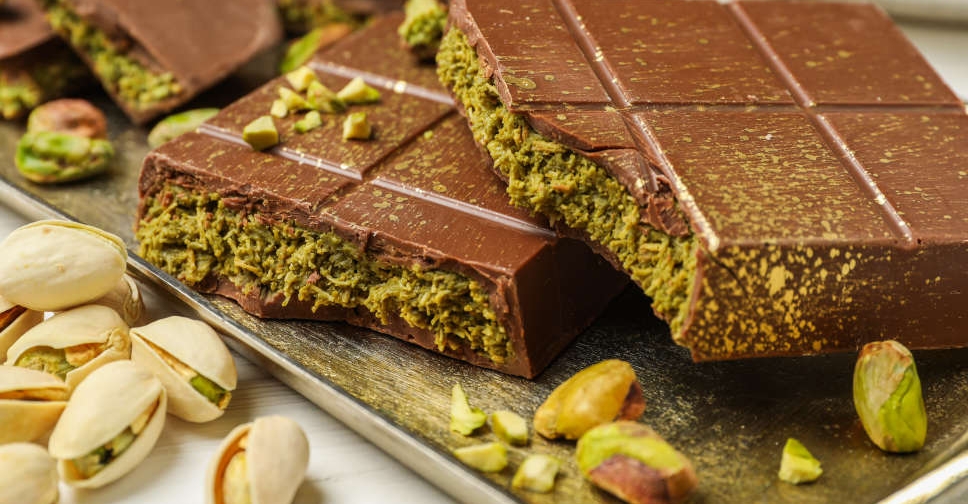 Boosted by Dubai chocolate craze, Argentina bets on pistachios
Boosted by Dubai chocolate craze, Argentina bets on pistachios
